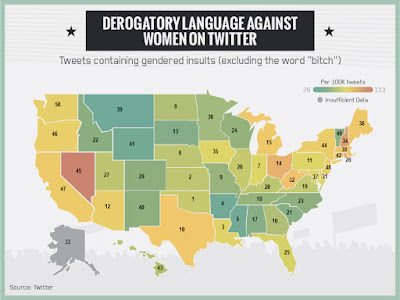Embryologist Moonlights as Philosopher. SPL calls BS.
There are plenty of complex topics and worthy ideas to dig into regarding abortion. And wouldn’t it be nice if the debate always came down to those? If we could all recognize a few basic facts first, and then move on to how we develop a moral framework around those facts?
But no. The reality, at least for me, is that the number one abortion debate I get into is “When does human life begin?” But this debate usually boils down to an inappropriate conflation – a bad choice of words. Specifically, pro-choicers conflate “when does human life begin?” with “When should human life matter?” They’re switching out a scientific question for a philosophical one, often without even noticing the swap.
Recently a pro-choicer sent me this article written by an embryologist, Dr. Gilbert. Of course it’s published in Huffington Post, not a biology textbook or some kind of scientific publication. Why? Because the content isn’t scientific. It’s philosophical. And yet the author opens with a pretty bold scientific claim:
As an embryologist and the author of embryological textbooks, I can say with absolute assurance: There is no consensus among embryologists as to when an individual human life begins.
He begins by citing those embryologists that say human life begins at fertilization. But he says, “These scientists see the genome as the essence of life, and they often talk about DNA as if it constituted some sort of soul.” Gilbert offers a single hyperlink to some obscure book to represent what is actually an impressive amount of evidence from textbook after textbook, which attests to the fact that fertilization is the beginning of new human life. And by making assertions about “souls,” Gilbert successfully moves the conversation from a biological claim to a philosophical one, the latter giving him much more room to waffle about in uncertainty.
Presenting an alternative stance, he says:
The view that gastrulation is the beginning of an individual life has been popular in Great Britain, where embryologist Lewis Wolpert has forcefully commented, “It is not birth, marriage, or death, but gastrulation which is truly the most important time in your life.”
Moving on from souls and important life phases, Gilbert explains a third view:
A third group of embryologists claims that human life begins around week 24-28, when the human-specific electroencephalogram (EEG) waves are seen. This marks the physiological states necessary for consciousness. In America, we say that the loss of the EEG (i.e., flat-lining) is the end of a human life, even though other organs are still functioning. Thus, according to this view, if we are willing to accept the loss of the EEG pattern as the death of a person, such personhood would arise when the EEG pattern was established. This period of EEG acquisition is also the period where the fetus becomes viable were it to be born prematurely.
 |
| Remember when these human beings weren’t “people”? |
Gilbert presents more stances: that human life begins at birth because before that the embryo (really, fetus) isn’t “functioning on its own.” And, oddly, he brings up the fact that many fertilized eggs (zygotes) die before birth. Presumably, you’d have your answer right there: if they’re dying before birth, that means they were once alive.
In the end, he says:
Finally, there is the fifth position that finds the question about when individual human life begins to be unscientific, if not silly. One of America’s foremost biologists, Theodosius Dobzhansky, put it this way, “The wish felt by many people to pinpoint such a stage probably stems from the belief that a soul, conceived as a preternatural entity, descends upon a formerly soulless living stuff, and suddenly transforms the latter into human estate. I hope that modern theologians can accept the idea that the transformation is not sudden, but gradual.”
At best, this conflation is incredibly sloppy. At worst, Gilbert is misrepresenting modern scientific consensus in order to promote a political agenda. In either case, it needs to stop.



Leave a Reply
Want to join the discussion?Feel free to contribute!